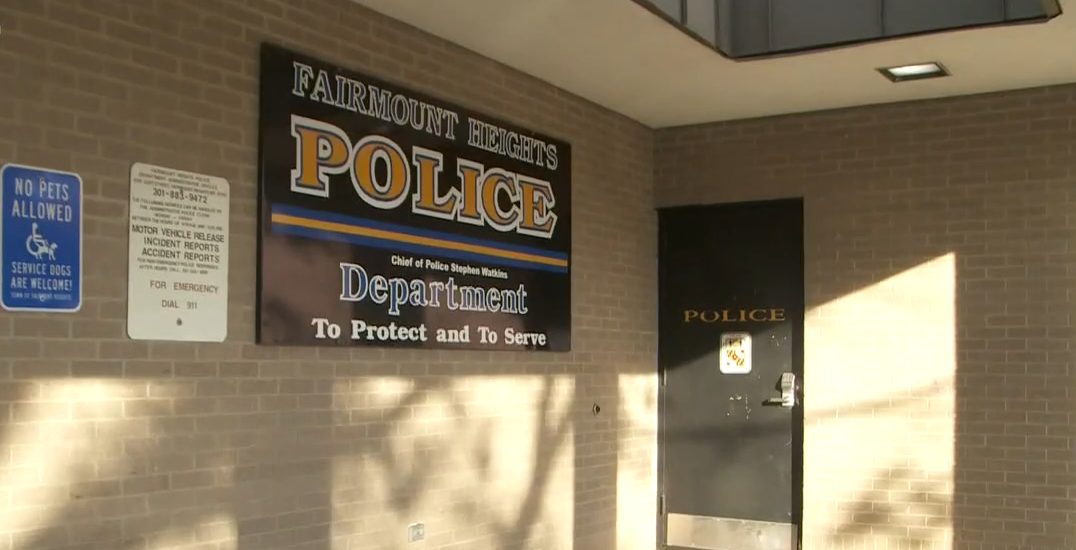Photo: Citizen TV
Kenyan police should cease harassing the Royal Media Services company and its Citizen TV broadcaster, refrain from summoning journalists for questioning, and ensure that members of the press can work without fear, the Committee to Protect Journalists said Thursday.
On April 20, George Kinoti, the director of the National Police Service’s Directorate of Criminal Investigations, announced that he planned to summon a reporter and members of the senior management of Citizen TV for questioning, according to news reports and a statement by the Directorate of Criminal Investigations.
Kinoti accused Citizen TV of ethical breaches in an April 18 investigative report that alleged police were renting out firearms and uniforms to criminals, and called the report “false but injurious to the stability of the country” and a “deliberate, malicious attempt” to humiliate police and to create “public pandemonium,” according to the statement. Kinoti also accused the station’s reporters of illegally possessing firearms during their reporting of that story.
CPJ called Kinoti for comment, but his phone was turned off or busy and he did not respond to a message sent via messaging app. His statement did not say when the Directorate of Criminal Investigations planned to issue a formal summons.
“Rather than treating members of the press like suspects and trying to intimidate them, the Kenyan police should be investigating the grave allegations raised by Citizen TV’s reporters,” said CPJ Sub-Saharan African Representative Muthoki Mumo. “Police should refrain from summoning Citizen TV’s management and journalists, and the government should ensure that members of the press do not face retaliatory action for reporting on security forces.”
In separate statements, the Media Council of Kenya, a self-regulatory body established under law, and the Kenya Editors’ Guild, a professional association, urged officials to address their grievances with Citizen TV through the council’s Media Complaints Commission, a body which mediates disputes over media ethics.
In the April 18 report, aired as “Guns Galore” in English and “Silaha Mtaani” in Kiswahili, a Citizen TV crew led by reporter Purity Mwambia carried out a year-long investigation documenting a network of brokers and police officers who allegedly rented police equipment including guns, uniforms, and handcuffs to criminals. The journalists themselves acquired a pistol, a rifle, uniforms, and handcuffs during the investigation, which they handed over to police this week, according to Citizen TV’s reporting.
In his statement, Kinoti accused Citizen TV of contravening Section 89 of Kenya’s penal code which carries prison sentences of up to 15 years for illegal firearms possession.
Kinoti also said the station did not adequately prove that the weapons, uniforms, and handcuffs featured in the reporting belonged to the police, and accused Citizen TV of failing to give the police the right of reply.
Section 92 of the National Police Service Act makes it a crime punishable by up to five years in prison for officers to sell, pawn, or loses through neglect their firearms, ammunition, uniforms, and other equipment.
Contacted via messaging app today, Kenya government spokesperson Cyrus Oguna referred CPJ to police spokesperson Charles Owino for comment. CPJ called Owino and Police Inspector General Hilary Mutyambai, but their phones were either turned off or busy, and they did not respond to CPJ’s requests for comment sent via text and messaging app.












